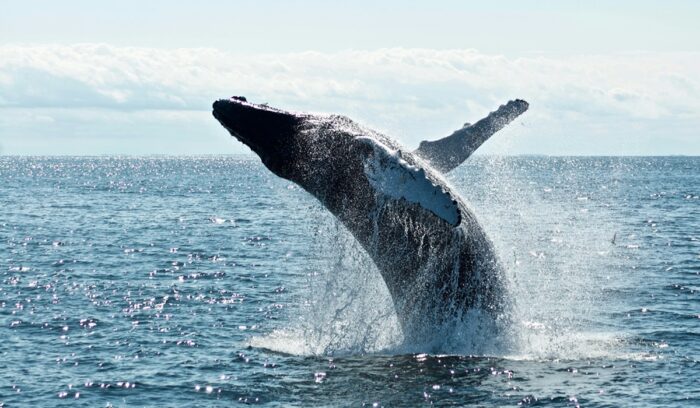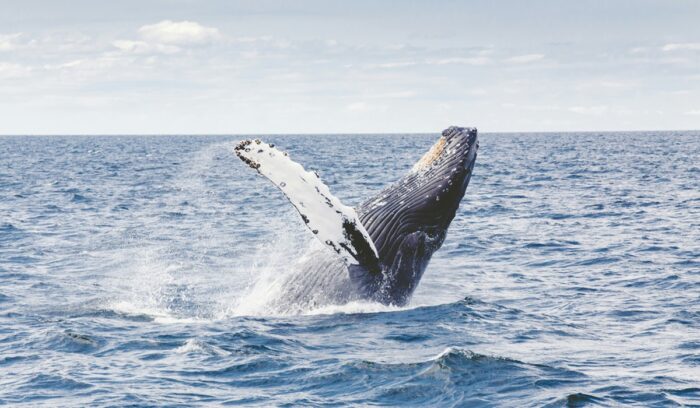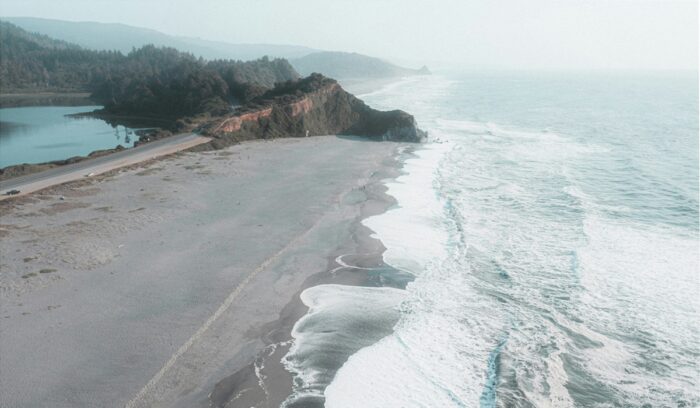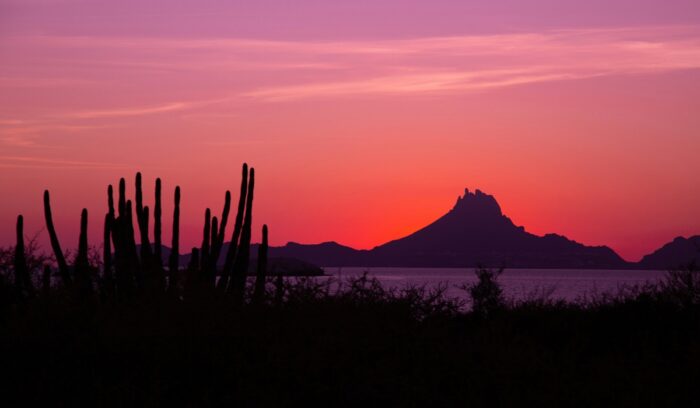The number of fish on U.S. overfishing list reaches an all-time low
The U.S. National Oceanic and Atmospheric Administration released an updated analysis of American fisheries late last week via its annual “Status of the Stocks” report, which provides an assessment of the populations of the seafood species fishermen catch and customers buy. The report states that 94% of fish stocks are not subject to overfishing. NOAA said it was able to remove Atlantic coast bluefish and a Washington coast stock of coho salmon from the overfished list.










